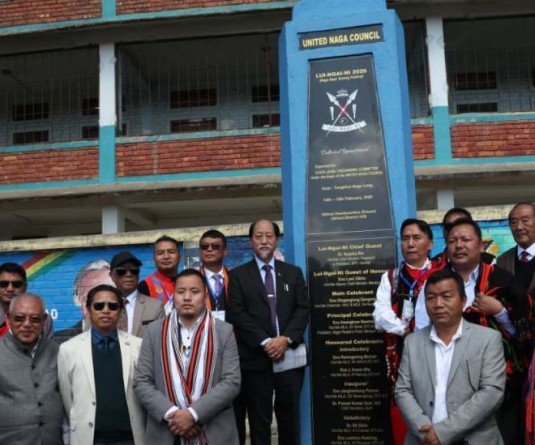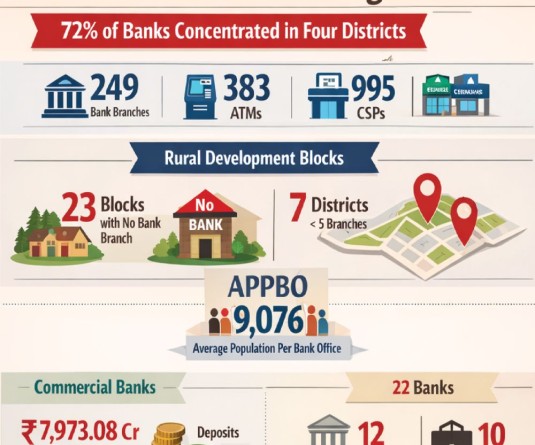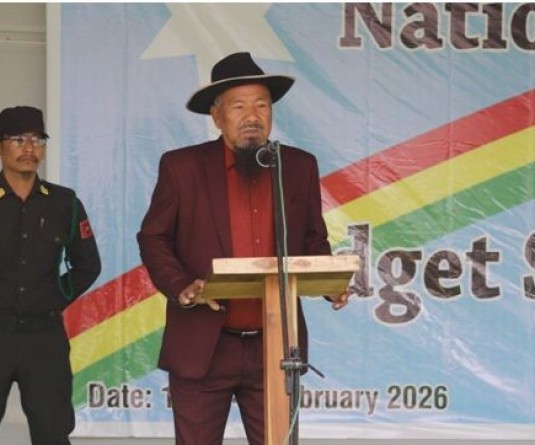
Dimapur, July 20 (MExN): With the assertion that the Doyang Hydro-Electric Project, Wokha, cannot attain maximum benefit, “to benefit the people,” NEEPCO authorities had called for raising the water-level mark of the project. And has now got ‘permit’ from the people of the area. Ironically, the same villages that are suffering today due to the submerging of their lands are the ones who have given the permit.
Another interesting point is that DHEP authorities claim to facilitate more “profits” and “benefit to the people” as well as “welfare developmental schemes” through maximum output by increasing the water-level make (333 meters). The snitch is, the “benefits” is a measly 12 % to Nagaland notwithstanding the fact that it is the only major power-generating conduit in the state. Further, huge swathes of lush lands belonging to villages in and around the project have already been submerged for years now.
The green signal was given at a meeting held July 2 between the landowners’ union of DHEP and DHEP authorities. The meeting also saw in attendance senior DHEP/NEEPCO authorities and village council chairmen, members, GBs, a repeat note from the union’s president informed.
In the meeting, the general manager/head of project IP Singh pointed out hat NEEPCO had invested Rs 757 Crore.
The cost of production of electrical energy from DHEP is Rs. 7 per unit which is sold at about Rs. 1.25 paisa per unit. From this, NEEPCO is incurring a loss of about Rs 180 Crore annually, Singh stated.
In this regard he asserted that the project is a “gold mine” which cannot be fully harnessed till now “due to the inability to raise the water reservoir to its full level of 333 meters.” He said DHEP is second to none in India in regard to “CR.” Singh expressed optimism that if the reservoir could be built to its full 333 meters, the project will “make profits” which would “benefit the people” with the “undertaking of various welfare developmental schemes.” In this regard, the DHEP officials appealed for cooperation.
The note from the union’s president O Mozamo Ngullie mentioned that the affected villages “unanimously” resolved to allow rising of the water-level. The project authorities were appealed to “do immediately” for the reason that “more power is required for more developments.”
Interestingly, in that very meeting the village of Pangti pointed out that large area of the village’s lands have already been submerged – and that rising of the water level would only cause more submergence and damage. The union was authorized to take up all initiative for a mutual settlement in this regard.






